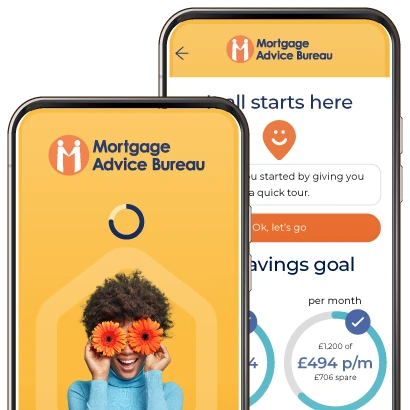Credit score bands
Credit scores in the UK typically range from 300 to 999, with higher scores indicating better creditworthiness. Lenders often categorise credit scores into different tiers: very poor, poor, fair, good, and excellent.
While credit scores offer a snapshot of your financial health, they're not one-size-fits-all. The three major credit bureaus in the UK – Experian, Equifax, and TransUnion – use different scoring models, resulting in slightly different score ranges and interpretations. Experian scores range from 0 to 999, Equifax from 0 to 1000, and TransUnion from 0 to 710. So, a "good" score on one bureau might not translate directly to another.
What is a good credit score?
While there is no specific magic number, a good credit score significantly enhances your chances of securing a mortgage with favourable interest rates and terms. Because different credit reporting firms use different scoring methods, there isn’t a one-size-fit all answer. Ultimately, the higher your score is on their individual scale, the better.
A higher credit score typically demonstrates responsible financial behaviour and shows lenders that you are likely to be a low-risk borrower. With a good credit score, you are more likely to be eligible for mortgage products with lower interest rates, reduced fees, and more flexible terms. On the other hand, a lower credit score may limit your mortgage options or lead to higher interest rates, potentially increasing the overall cost of borrowing.
Credit score requirements for mortgages
The specific credit score requirement for a mortgage will vary depending on the lender and the type of mortgage.
For more information about your credit score, or to provide it to a lender, get a credit report from one of the ‘big three’ credit unions (TransUnion, Equifax, and Experian). A credit report can contain all the factors that are used to calculate your credit score, meaning you get a more in-depth look at the reasons why your score is what it is. However, some services may charge for a full, detailed credit report.

Improving your credit score
Struggling with a bad credit score? Review your report for errors and dispute them promptly. Prioritise paying off existing debts and hold off on opening new accounts. Debt advisers can offer helpful guidance and personalised support if you’re struggling to get yours under control.
If you’d like more information about what goes into working out a credit score, check out our expert article below.
Work with an expert adviser
Getting a mortgage is a big step, and we know you’ve been working on making sure your credit score is in the place you want it to be!
If you’re ready to take on the next step of homeownership, get in touch with us today and we will review your financial situation and credit score and discuss what your mortgage options could be.
Important information
Your home may be repossessed if you do not keep up repayments on your mortgage.
There may be a fee for mortgage advice. The actual amount you pay will depend on your circumstances. The fee is up to 1% but a typical fee is 0.3% of the amount borrowed.







